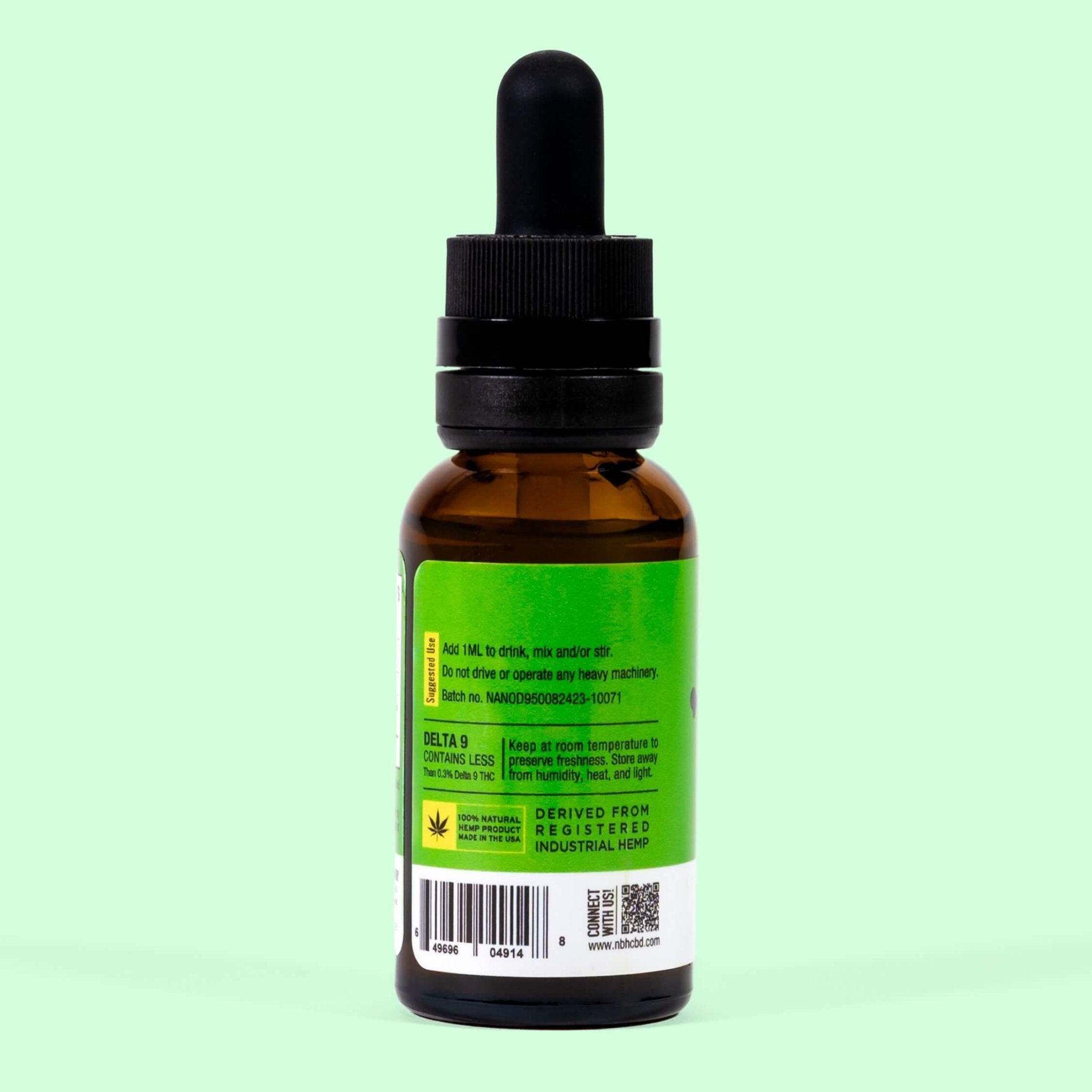
A new study published in February demonstrates that high-dose CBD has the potential to benefit people suffering from early-onset familial Alzheimer’s disease. The study, which was conducted by Augusta University’s Medical College of Georgia, showed that CBD can help people with Alzheimer's by improving cognition, restoring function in plaque clearing proteins and reducing levels of a protein associated with excessive inflammation.
Current treatment options fall short
Alzheimer’s disease is a type of dementia. It is a progressive neurological disorder that can cause loss of memory, difficulty thinking, changes in personality and reduced ability to make sound judgments.
According to the Alzheimer’s Association, over 6 million Americans have Alzheimer’s. The organization states that this condition kills more people each year than breast cancer and prostate cancer combined, and Alzheimer’s and dementia-related deaths have increased by 16% during the COVID-19 pandemic.
There is a dire need for new therapies to improve the outcomes for people with Alzheimer’s disease, the researchers wrote in the published study. According to the Mayo Clinic, some existing treatments may slow the progression of these symptoms, but this degenerative disease currently has no cure.
“Right now we have two classes of drugs to treat Alzheimer’s,” Dr. John Morgan reportedly said. Morgan is a neurologist and the director of the Movement and Memory Disorder programs in the Medical College of Georgia Department of Neurology.
“But we have nothing that gets to the pathophysiology of the disease,” he added.
How the benefits of CBD were tested
This disease has reportedly been linked with a build-up of beta-amyloid plaques in the brain. Two proteins, which help clear this plaque, are reportedly found at lower levels in the brains of people with Alzheimer’s.
In the study, mice with Alzheimer's were given a two-week course of high doses of CBD. The results of this test showed that CBD normalized the levels of these proteins. The CBD treatment used in the study increased the levels of the IL-33 protein sevenfold and increased the levels of the TREM2 protein tenfold.
Researchers also found that the CBD treatment used in the study reduced levels of the immune protein IL-6, which is reportedly linked to the high inflammation levels found in people with Alzheimer’s.
The researchers also documented improvements in the brain function and movements of the mice after they had received the CBD treatment. Brain function was reportedly tracked by observing a mouse’s ability to differentiate between a familiar item and a new item. When their movements were observed, researchers noted that the mice with Alzheimer’s disease ran in an endless tight circle, but that behavior stopped after the mice received the CBD treatment.
Additional studies are needed
On their own, these findings are not enough to make CBD an officially recognized treatment for Alzheimer’s. Future research may help evaluate the effects of CBD when administered at an earlier stage of the disease and may help determine the most appropriate dosage for a potential CBD treatment. Future studies may also investigate different ways to administer the treatment, including the possibility of an inhaler.
There may be a long road ahead before CBD is recognized as an official treatment option for Alzheimer’s, but the results of this recent study are encouraging. They show the impressive impact CBD can have, which indicates that research is moving in the right direction. This study just might pave the way for a natural CBD treatment in the future.
Sources
[2] https://www.mayoclinic.org/diseases-conditions/alzheimers-disease/symptoms-causes/syc-20350447
[3] https://www.alz.org/alzheimers-dementia/facts-figures
[4] https://www.eurekalert.org/pub_releases/2021-03/mcog-crp030821.php








































